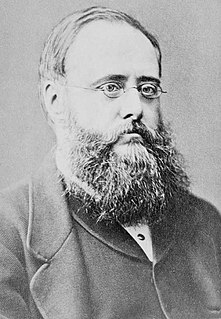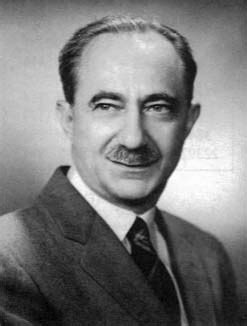A Quote by Letitia Elizabeth Landon
A preface is a species of literary luxury, where an author, like a lover, is privileged to be egotistical.
Quote Topics
Related Quotes
For the Tintin books were my emotional universe. To read them felt quite simply like being loved: in advance and by an entire world of pure possibility, my future. But to write to the author was to reach out for the lover. Even today, the power of reading one remains visceral: each book acts as a form of transportation, not just to the emotional landscape of this first literary love affair but to very specific memories.







































